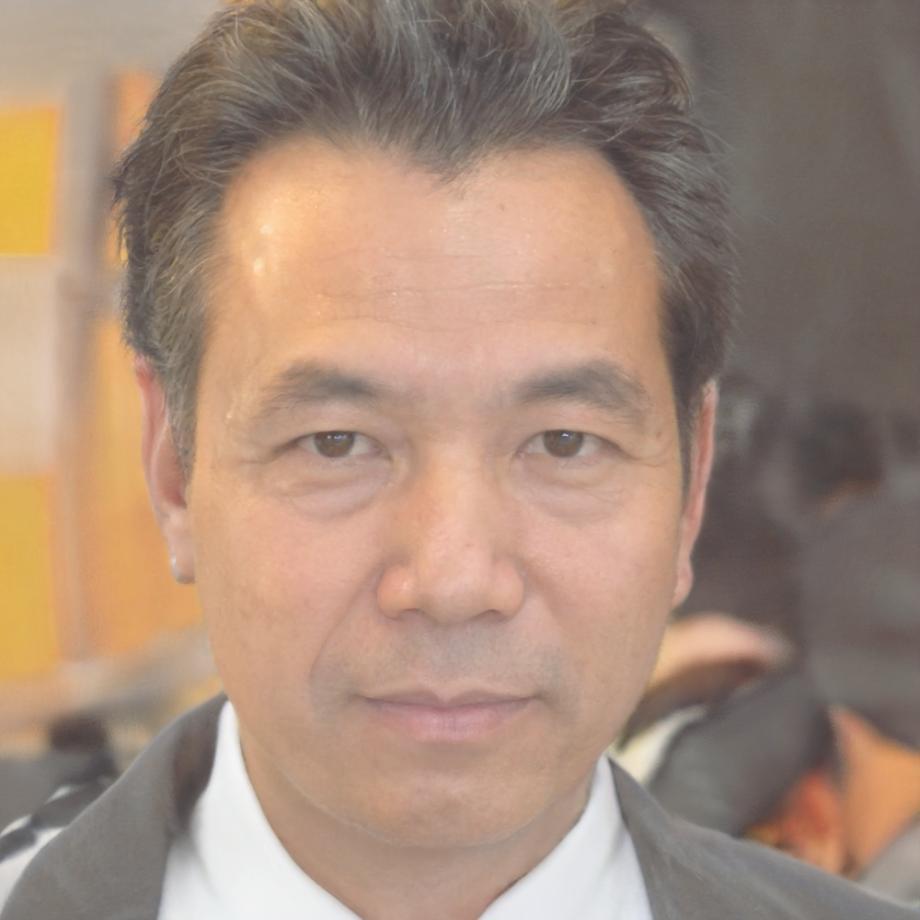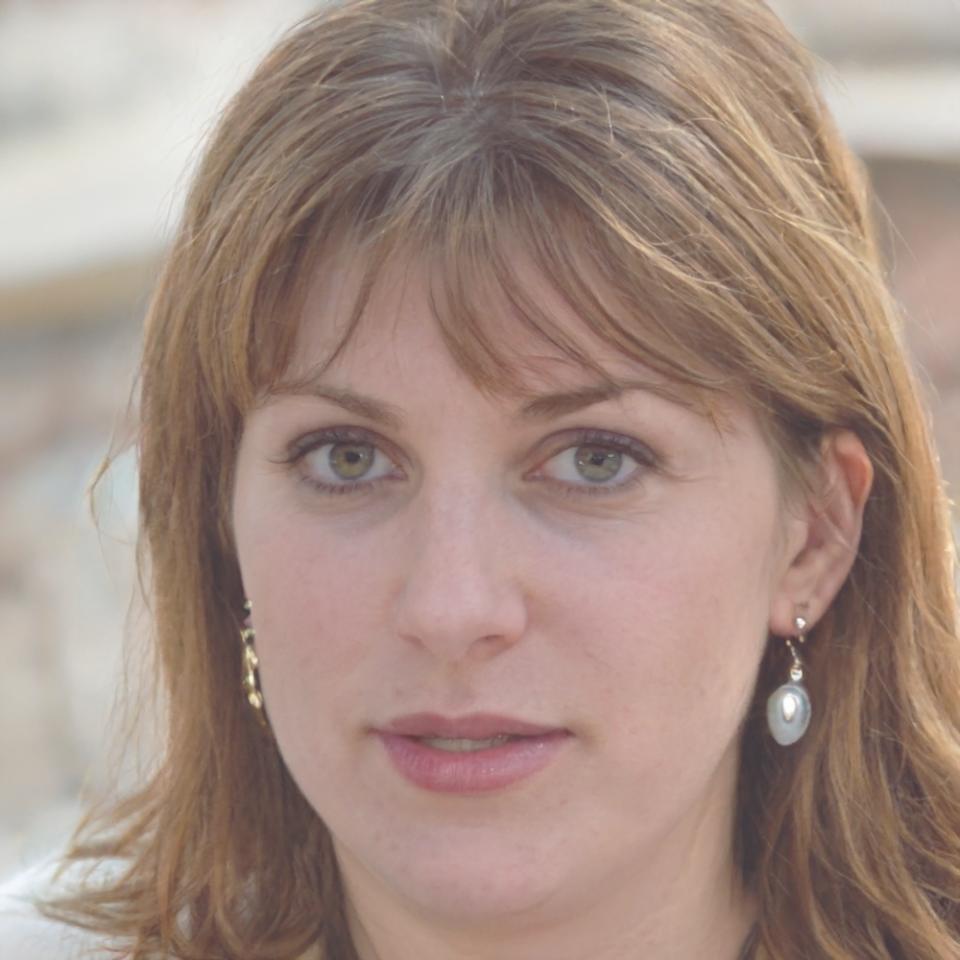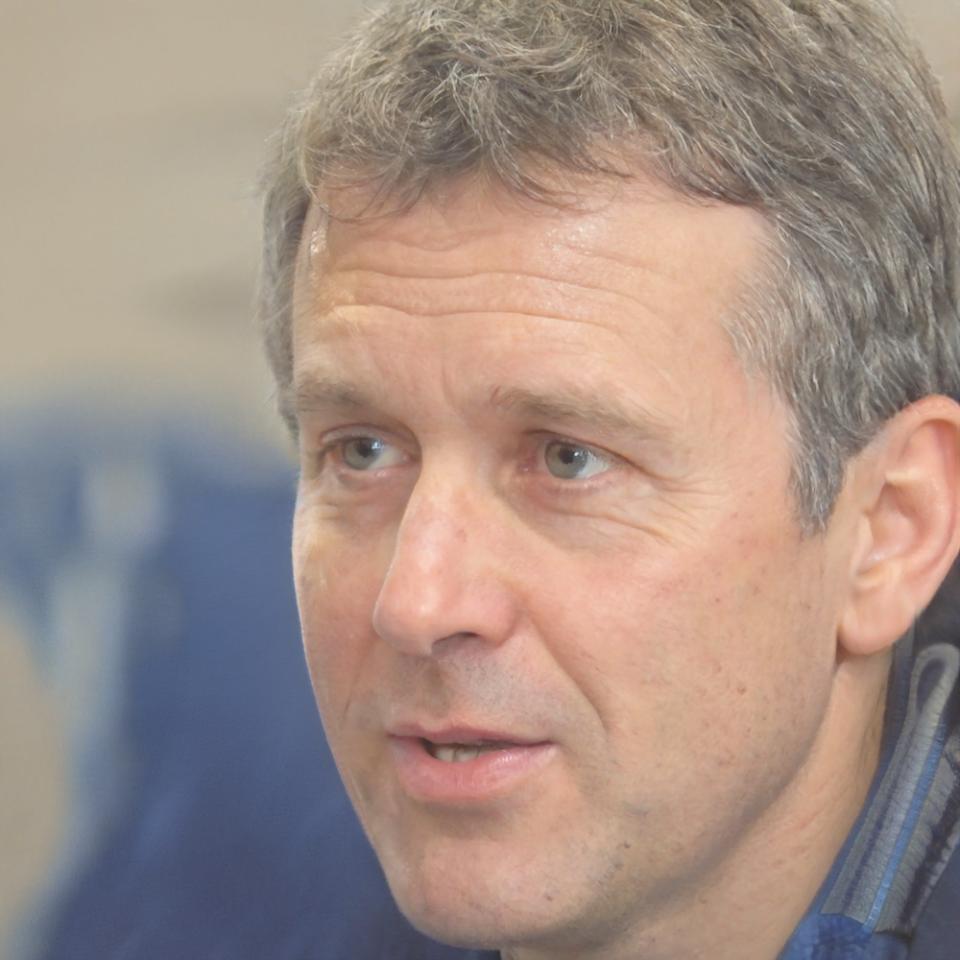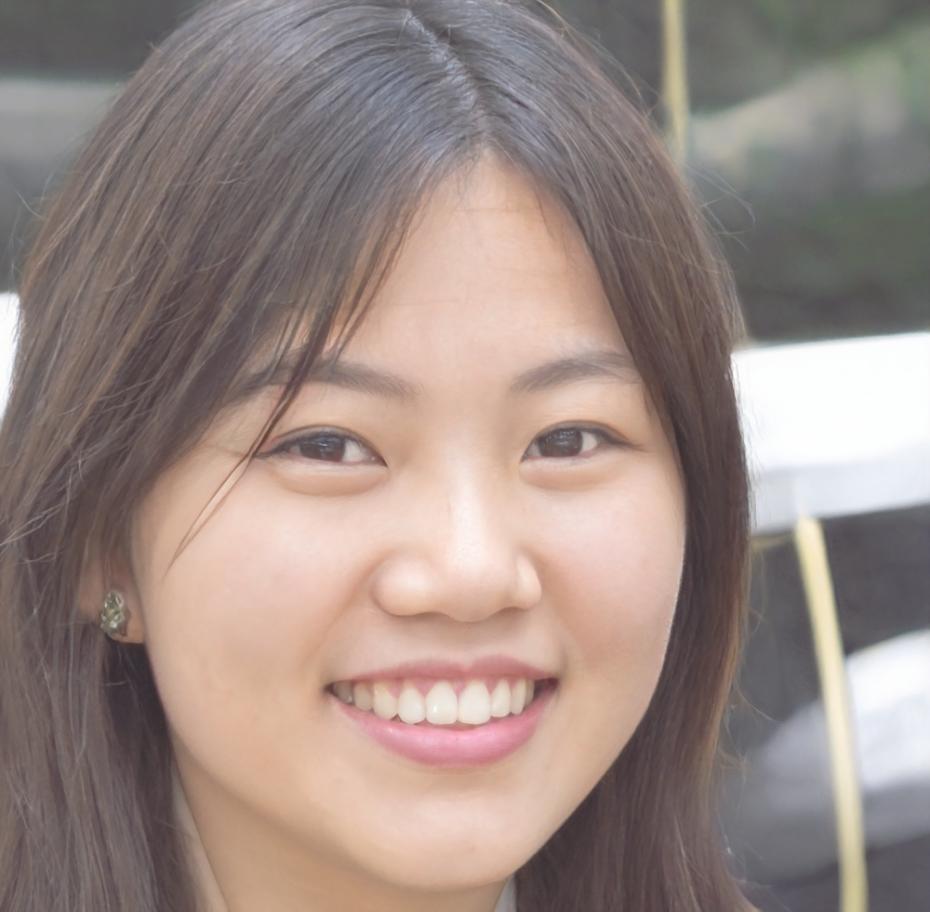Master Automated Testing Through Expert Guidance
Join our comprehensive program starting September 2025, where industry veterans share real-world testing strategies that actually work in production environments.
Schedule a Program DiscussionLearn From Those Who've Built the Systems
Our instructors aren't just teachers – they're practitioners who design testing frameworks for companies handling millions of transactions daily.

Marcus Lindqvist
Senior Testing Architect
Spent the last eight years building automated testing systems for fintech platforms. His frameworks handle over 50,000 daily test executions across multiple environments. Marcus believes in teaching through real debugging sessions rather than perfect examples.

Elena Kowalski
Quality Engineering Lead
Led quality initiatives at three different startups through their scaling phases. She's particularly good at showing how to implement testing strategies when you're working with legacy systems and tight deadlines – the messy reality most developers face.

Viktor Andreasen
Test Infrastructure Specialist
Designed testing infrastructure for distributed systems across Nordic tech companies. Viktor focuses on the architectural decisions that make or break testing strategies at scale. His sessions often start with "here's what went wrong in production."

Anya Petrov
DevOps Testing Engineer
Bridges the gap between development and operations teams through intelligent testing strategies. Anya teaches the human side of testing – how to get buy-in from skeptical developers and create testing cultures that actually stick.
How We Actually Teach This Stuff
Most testing courses show you perfect scenarios. We start with broken code and failing tests because that's where you'll spend most of your time in the real world.
-
Debug-First Learning: Every session begins with something broken. You'll learn to think like a detective before you learn to prevent crimes.
-
Production Case Studies: We dissect real failures from actual companies (with permission). You'll see how small testing gaps create big problems.
-
Tool-Agnostic Principles: We focus on testing concepts that survive framework changes. The specific tools matter less than understanding when and why to use them.
-
Incremental Implementation: You'll practice adding testing to existing codebases, not starting from scratch. Most real projects don't have the luxury of perfect test coverage from day one.
Our graduates often say the most valuable part was learning to communicate testing needs to non-technical stakeholders. Technical skills matter, but convincing your team to prioritize testing determines whether your work actually gets used.

Program Structure & Timeline
16-Week Intensive Program
Foundation Phase
Weeks 1-4
Understanding testing mindset, reading existing test suites, and identifying what makes tests valuable versus what makes them fragile. We start by fixing broken tests before writing new ones.
Framework Deep Dive
Weeks 5-10
Hands-on experience with multiple testing frameworks. You'll implement the same testing strategies using different tools to understand underlying principles rather than memorizing syntax.
Production Integration
Weeks 11-14
Working with real codebases from local companies. This is where theory meets reality – dealing with time constraints, legacy code, and competing priorities while maintaining testing quality.
Capstone Project
Weeks 15-16
Design and implement a complete testing strategy for a complex application. Present your approach to a panel including working developers who will ask the tough questions.
Next Cohort Starts September 15, 2025
We limit each cohort to 24 students to ensure everyone gets individual attention when debugging tricky test scenarios. Early applications are encouraged as we often have a waiting list.
Start Your Application